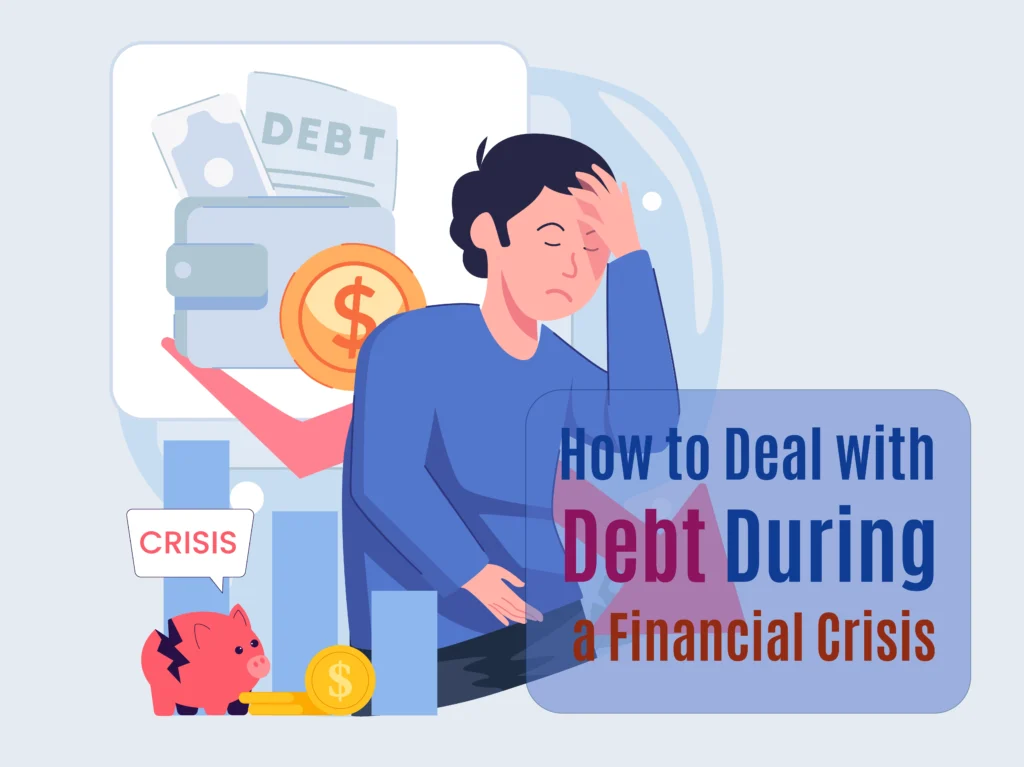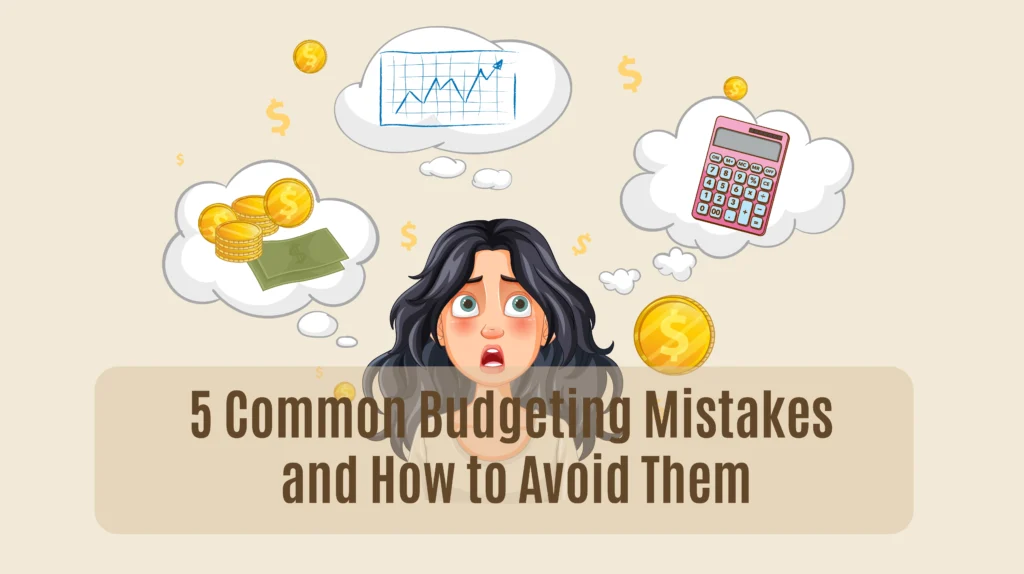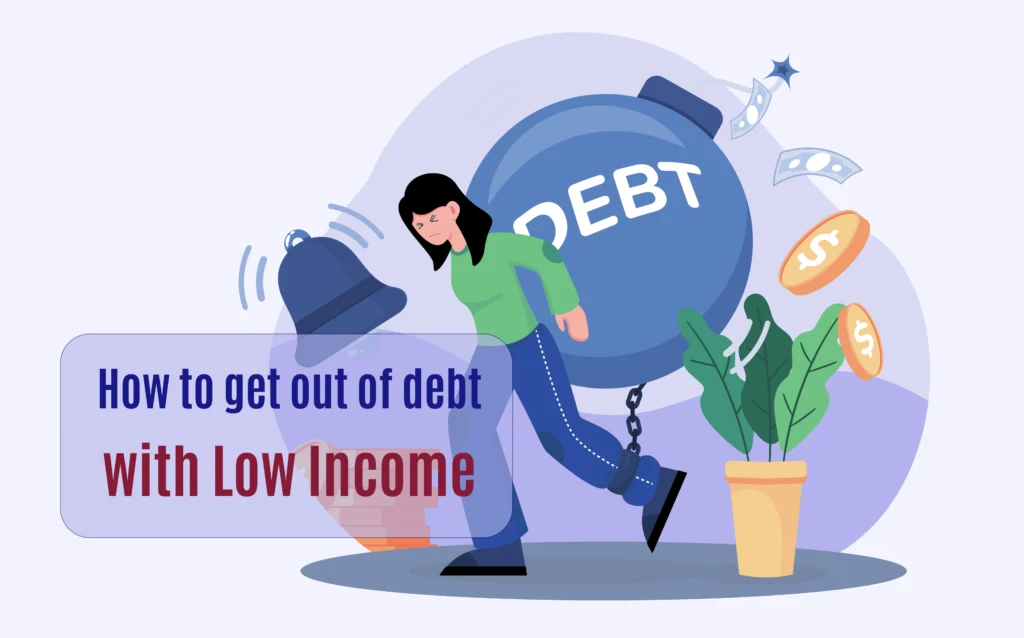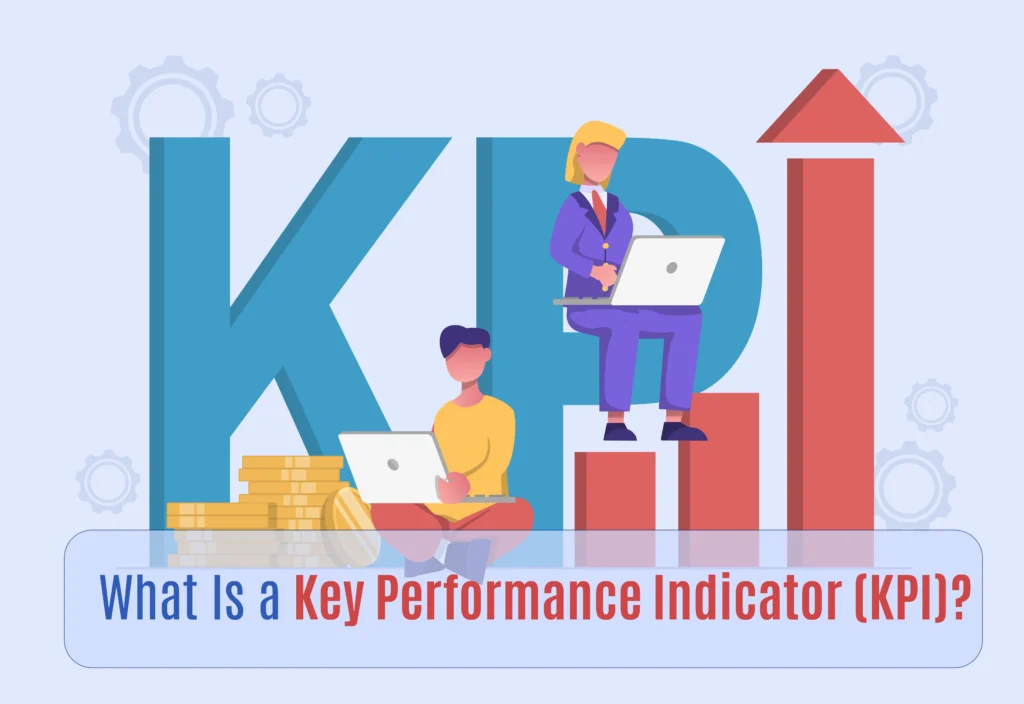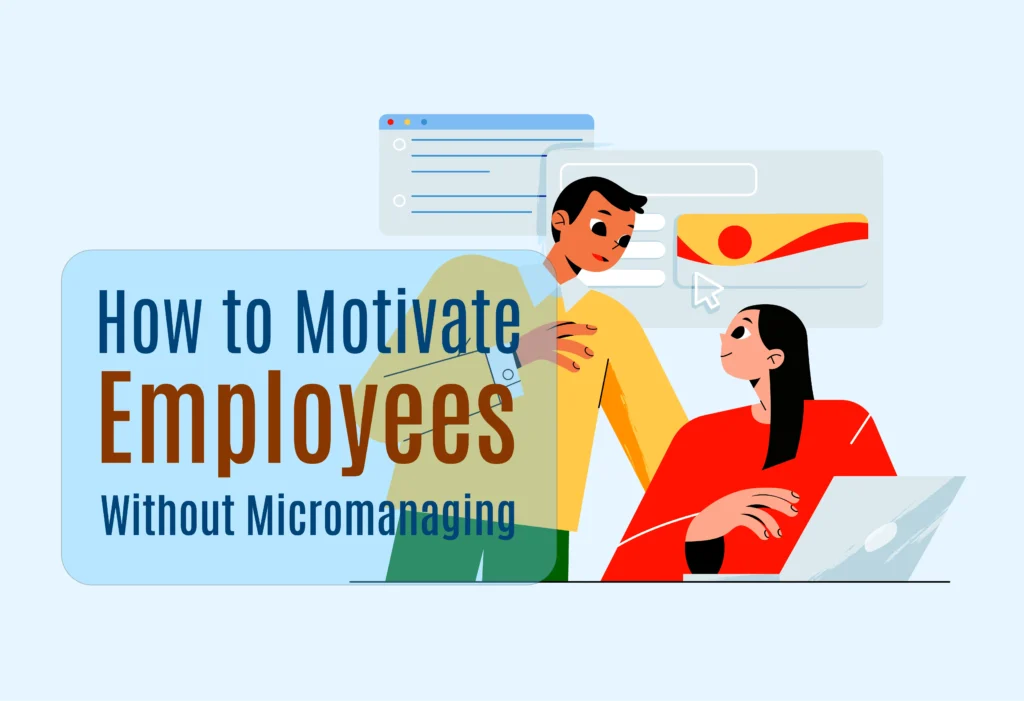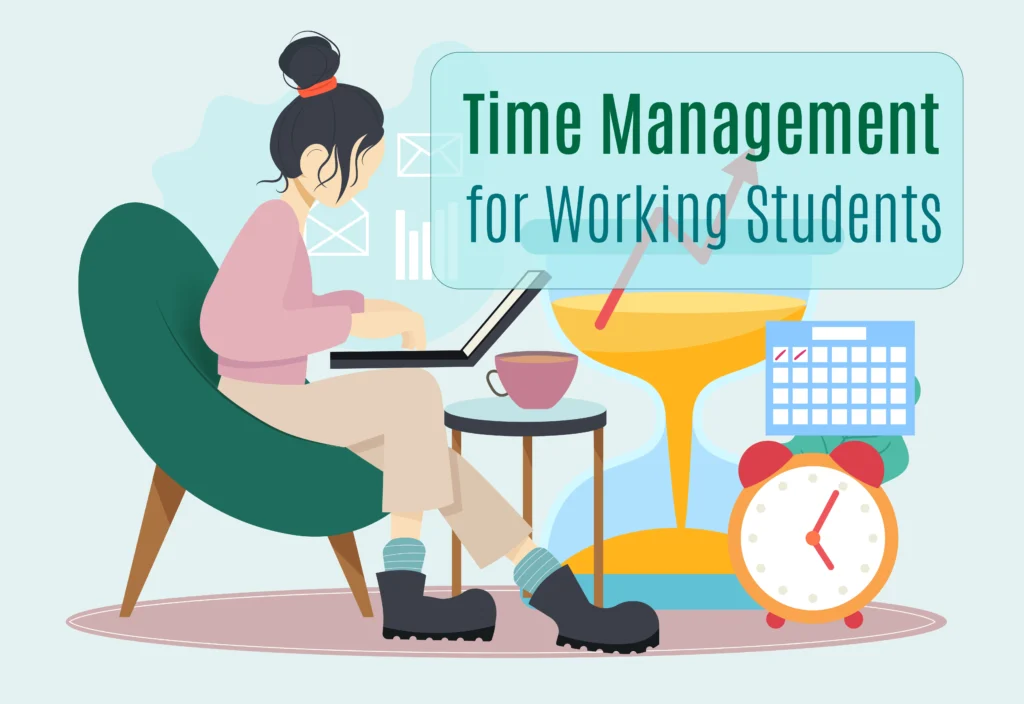Negative Effects of Procrastination on Your Mental and Physical Health
Procrastination might seem harmless at first—a harmless delay, a little extra time to relax—but it can take a serious toll on your well-being. From mounting stress and anxiety to physical health problems like disrupted sleep and fatigue, the effects of procrastination often run deeper than we realize. In this blog, we’ll explore how putting things off can impact your mental and physical health and provide insights into breaking free from the procrastination cycle for a healthier, more balanced life.
What begins as a simple delay in action can spiral into a cycle of stress, anxiety, and guilt. Over time, chronic procrastination can affect your emotional well-being, your relationships, and even your physical health. The negative consequences of procrastination go far beyond missed deadlines and lost productivity. In this article, we’ll explore how procrastination affects your mental and physical health, and what you can do to break the cycle and protect your well-being.
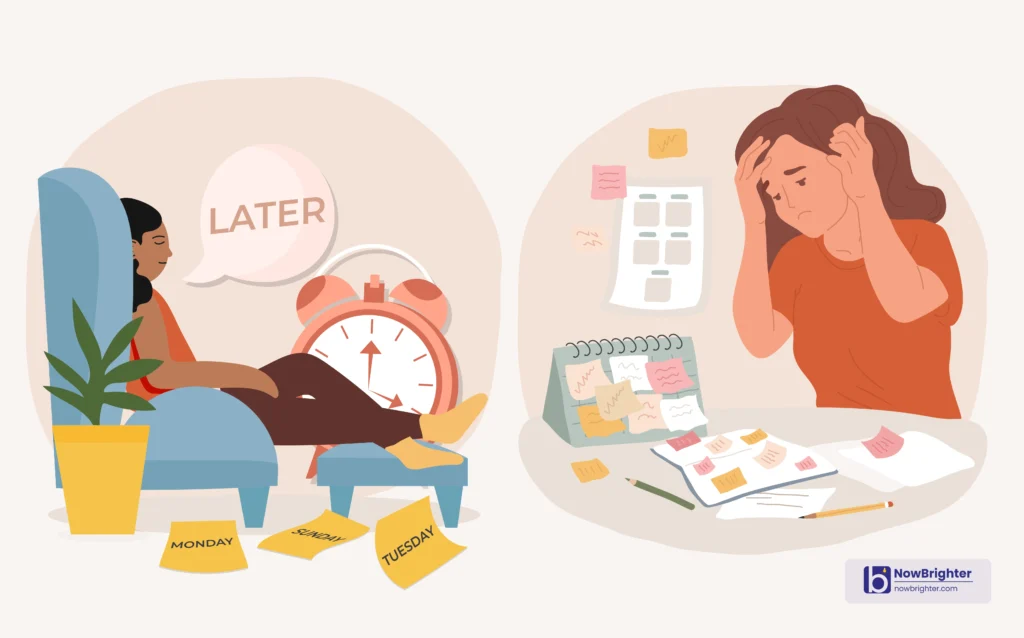
How Procrastination Affects Mental Health
Procrastination doesn’t just affect your ability to meet deadlines—it can have profound effects on your mental health. When we delay important tasks, we’re often doing so to avoid discomfort, whether it’s stress, fear of failure, or uncertainty about the outcome. But while procrastination may offer temporary relief, it ultimately leads to heightened emotional distress, as the consequences of delaying tasks build up over time.
Increased Stress Levels and Anxiety
One of the most immediate effects of procrastination is an increase in stress. As deadlines loom closer and tasks remain incomplete, the pressure mounts. Procrastination often leads to last-minute rushes to finish work, which amplifies stress levels. This stress can become chronic, especially when procrastination becomes a repeated pattern.
For example, imagine you have a big project due at work. Instead of breaking it down into manageable parts and working on it over time, you put it off until the deadline is imminent. As the due date approaches, the stress of not having started the project leads to panic. You scramble to complete it, often sacrificing quality in the process, and the stress you experience can linger long after the task is finished.
Over time, this cycle of procrastination and stress can lead to anxiety. The constant pressure to catch up and the fear of not meeting expectations can trigger anxious thoughts, making it harder to focus and increasing your likelihood of procrastinating again in the future. Anxiety feeds procrastination, and procrastination fuels anxiety—a vicious cycle that can be difficult to break.
The Guilt and Shame Cycle
In addition to stress and anxiety, procrastination often leads to feelings of guilt and shame. When you procrastinate, you’re not just delaying a task—you’re avoiding your responsibilities. This avoidance can cause guilt, as you know deep down that you’re not managing your time effectively or living up to your own standards.
As tasks remain undone and deadlines are missed, guilt intensifies and can turn into shame. Shame is more personal than guilt; it’s the feeling that procrastination reflects a personal failing rather than a behavior that can be changed. You may begin to feel like you’re unreliable, lazy, or incapable of managing your workload, which can erode your sense of self-worth.
The guilt-shame cycle is particularly harmful because it often leads to more procrastination. Instead of tackling the task, you may continue to avoid it because you feel overwhelmed by guilt and shame. This creates a negative feedback loop where avoidance leads to emotional distress, which in turn leads to more avoidance.
Depression and Low Self-Esteem
Chronic procrastination can also contribute to depression and low self-esteem. When procrastination becomes a habit, it can feel like you’re constantly falling short of your goals and failing to meet expectations. Over time, this sense of failure can lead to feelings of hopelessness and helplessness, which are hallmark symptoms of depression.
Low self-esteem is often a byproduct of prolonged procrastination. As you repeatedly delay tasks and miss deadlines, your confidence in your abilities diminishes. You may begin to doubt your capacity to achieve success or even complete simple tasks. This lack of confidence can make it even harder to take action, creating a downward spiral of procrastination and self-doubt.
Depression, in turn, exacerbates procrastination. When you’re feeling low, it’s harder to find the motivation to take on new tasks or complete existing ones. This can lead to further delays, more missed opportunities, and an even deeper sense of inadequacy.
Cognitive and Emotional Consequences of Procrastination
Beyond the immediate emotional impact, procrastination also has cognitive effects. Delaying tasks affects your ability to make decisions, regulate your emotions, and maintain focus. These cognitive and emotional consequences can further entrench procrastination as a habit.
Cognitive Overload and Decision Fatigue
Procrastination can lead to cognitive overload and decision fatigue. When you procrastinate, tasks begin to pile up, and as the list of things to do grows longer, your brain becomes overwhelmed with the sheer volume of decisions you need to make. This overload can make it difficult to focus on any one task, leading to further procrastination.
Decision fatigue occurs when you’ve exhausted your mental capacity to make choices. The more decisions you have to make—whether they’re about work, personal life, or how to prioritize tasks—the harder it becomes to make effective decisions. Procrastination exacerbates decision fatigue by delaying tasks until the last minute, forcing you to make rushed and often poor choices under pressure.
For example, if you procrastinate on a project that requires multiple stages of completion, you may end up making hasty decisions about how to approach the work in the final hours before the deadline. This not only affects the quality of the work but also increases your stress and frustration.
Emotional Dysregulation and Frustration
Procrastination disrupts your ability to regulate your emotions effectively. When you avoid tasks, you’re often doing so to escape negative emotions like fear, anxiety, or boredom. However, this avoidance doesn’t solve the underlying emotional issue—in fact, it often makes it worse. The longer you delay a task, the more your emotions build up, leading to greater frustration and emotional distress.
For example, if you procrastinate on preparing for a meeting because you’re anxious about speaking in front of others, that anxiety doesn’t go away—it grows stronger as the meeting approaches. The more you avoid the task, the more emotionally dysregulated you become, which can lead to an emotional outburst or feelings of being overwhelmed when the task finally has to be completed.
Procrastination also leads to frustration with yourself. You may feel frustrated because you know you’re capable of completing the task, yet you’re still delaying it. This frustration can compound over time, leading to irritability and a sense of being stuck.
≫ Related Post: How to Recognize the Early Signs of Procrastination
The Physical Health Impact of Procrastination
While the mental and emotional toll of procrastination is significant, its effects on physical health are equally concerning. Procrastination often leads to poor lifestyle choices that can have long-term consequences for your health.
Sleep Deprivation and Fatigue
One of the most immediate physical effects of procrastination is sleep deprivation. When you delay tasks until the last minute, you often find yourself working late into the night to meet deadlines. This last-minute rush can disrupt your sleep schedule, leading to fatigue and exhaustion.
Chronic sleep deprivation has a host of negative health effects. It weakens your immune system, increases your risk of chronic illnesses like diabetes and heart disease, and negatively impacts your mental health. Additionally, lack of sleep makes it harder to concentrate and be productive, which can lead to more procrastination—another vicious cycle.
Increased Risk of Chronic Health Conditions
The stress caused by procrastination can also take a toll on your physical health. Stress triggers the release of cortisol, a hormone that, when elevated over long periods, can contribute to a variety of health problems, including high blood pressure, heart disease, and digestive issues.
Chronic stress weakens your body’s ability to regulate inflammation and can lead to chronic health conditions. Procrastination-induced stress doesn’t just affect your mental health—it has a direct impact on your body, increasing your susceptibility to long-term health issues.
Sedentary Lifestyle and Poor Habits
Procrastination often leads to a sedentary lifestyle. When you’re procrastinating, you’re more likely to engage in passive activities like watching TV, scrolling through social media, or lying in bed, rather than staying physically active. This lack of movement can contribute to weight gain, decreased cardiovascular health, and other physical problems associated with inactivity.
Additionally, procrastination can lead to poor eating habits. When you’re stressed or avoiding work, you might reach for unhealthy snacks as a way to cope. Emotional eating and poor dietary choices are common among procrastinators, further contributing to physical health issues.
The Long-Term Effects on Overall Well-Being
The combined mental, emotional, and physical effects of procrastination can have a lasting impact on your overall well-being. Over time, chronic procrastination can lead to strained relationships, decreased productivity, and burnout.
Damaged Relationships and Social Isolation
Procrastination can strain both personal and professional relationships. In a work setting, chronic procrastination may lead to missed deadlines, poor performance, and a lack of accountability. Colleagues or supervisors may become frustrated with your inability to deliver on time, damaging your professional reputation.
In your personal life, procrastination can affect your relationships with friends and family. If you’re constantly stressed or distracted because of unfinished tasks, you may withdraw from social activities or neglect important relationships. This can lead to feelings of social isolation and loneliness.
Reduced Productivity and Burnout
Procrastination reduces overall productivity. When you’re constantly playing catch-up and working under pressure, the quality of your work suffers. Over time, the stress of trying to meet deadlines and juggle multiple unfinished tasks can lead to burnout—a state of emotional, mental, and physical exhaustion.
Burnout often results in reduced performance, decreased motivation, and a sense of detachment from work or personal responsibilities. It’s the ultimate consequence of long-term procrastination, and recovering from burnout can take significant time and effort.
Strategies to Counter the Negative Effects of Procrastination
While the negative effects of procrastination are serious, they’re not inevitable. By taking proactive steps to address procrastination early, you can prevent it from spiraling into a long-term problem and protect your mental and physical health.
Prioritizing Mental Health and Self-Care
One of the best ways to combat procrastination is by prioritizing your mental health. Self-care practices like mindfulness, meditation, and journaling can help you manage the stress and anxiety that often lead to procrastination. Regular self-care reduces emotional distress, making it easier to approach tasks with a calm and focused mindset.
Additionally, practicing self-compassion is key. Instead of beating yourself up for procrastinating, recognize that it’s a common challenge and focus on making small, positive changes.
Time Management Tools to Reduce Stress
Effective time management is essential for reducing procrastination-related stress. Tools like the Pomodoro Technique, which breaks tasks into manageable intervals, or time-blocking, which schedules specific tasks throughout the day, can help you stay organized and on track.
By managing your time effectively, you’ll reduce the overwhelming feeling that often leads to procrastination, making it easier to stay productive and focused.
Cultivating Healthy Physical Habits
Addressing the physical impact of procrastination involves developing healthier habits. Regular exercise, even if it’s just a daily walk, can reduce stress, improve sleep quality, and boost overall physical health. Incorporating physical activity into your routine helps counter the sedentary effects of procrastination.
Additionally, paying attention to your nutrition and avoiding stress-eating can support your physical well-being. Eating balanced meals and staying hydrated will provide you with the energy you need to stay focused and productive throughout the day.
Conclusion: Procrastination’s Hidden Health Costs and Taking Action
Procrastination may seem like a minor habit, but its negative effects on both your mental and physical health are profound. From increased stress and anxiety to chronic health issues and strained relationships, the costs of procrastination add up over time. However, by recognizing the early signs and taking proactive steps to address procrastination, you can break the cycle and improve your overall well-being.
Whether it’s through better time management, prioritizing self-care, or developing healthier physical habits, you can take control of procrastination before it takes control of you. By doing so, you’ll not only protect your health but also unlock greater productivity, fulfillment, and success in all areas of your life.

